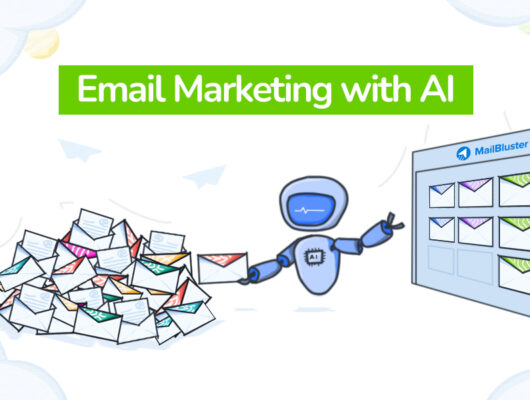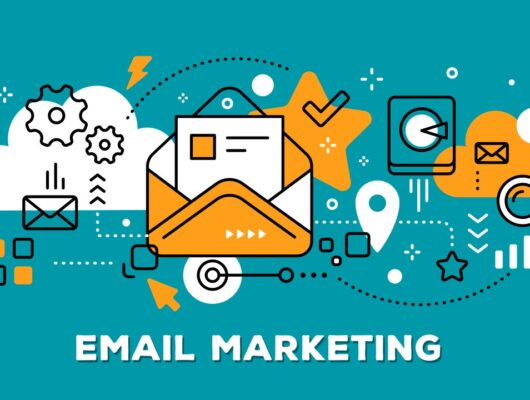Introduce Magento as one of the leading e-commerce platforms known for its flexibility and scalability. Highlight the importance of effective marketing strategies to maximize the potential of a Magento store.
Section 1: Why Magento is Perfect for E-Commerce Marketing
- Customizable Platform: Explain how Magento’s open-source nature allows businesses to tailor their marketing efforts.
- Integrated Marketing Tools: Discuss the built-in features like email marketing, SEO tools, and analytics.
- Extensions for Marketing: Highlight popular extensions that enhance marketing capabilities (e.g., Amasty, Aheadworks).
Section 2: Search Engine Optimization (SEO) for Magento Stores
- URL Optimization: Leverage Magento’s SEO-friendly URLs and sitemaps.
- Meta Tags and Descriptions: Optimize meta titles and descriptions for products and categories.
- Speed Optimization: Discuss Magento’s performance tools like Varnish Cache to improve page load speed, crucial for SEO.
- Mobile-Friendly Design: Highlight the need for responsive design and mobile optimization.
Section 3: Email Marketing Integration
- Personalized Campaigns: Use Magento’s customer segmentation for targeted email campaigns.
- Cart Abandonment Emails: Automatically send reminders to customers who leave items in their carts.
- Promotional Campaigns: Share tips on crafting emails for new arrivals, discounts, and special events.
- Recommended Tools: Introduce tools like Mailchimp for Magento integration.
Section 4: Social Media Marketing for Magento Stores
- Social Sharing Features: Discuss Magento’s ability to integrate with social platforms for product sharing.
- Social Media Ads: Outline how to sync product catalogs with Facebook and Instagram for ads.
- Influencer Collaborations: Suggest partnering with influencers in your niche.
- Engaging Content: Share tips for creating engaging visuals and videos using Magento product feeds.
Section 5: Paid Advertising Strategies
- Google Shopping Ads: Walk through the process of connecting Magento to Google Merchant Center.
- Dynamic Remarketing: Use Magento’s retargeting tools to bring back visitors.
- Amazon Ads: Discuss integrating Magento with Amazon for multichannel selling.
- Ad Budget Optimization: Share tips to maximize ROI.
Section 6: Leveraging Magento Extensions for Marketing
- Popular Marketing Extensions:
- Amasty Advanced SEO Suite
- Aheadworks Follow-Up Emails
- Mageplaza Social Login
- Custom Features for Promotions: Explain extensions that enable flash sales, loyalty programs, and referral rewards.
Section 7: Content Marketing for Magento Stores
- Product Descriptions: Tips for crafting SEO-friendly and persuasive descriptions.
- Blogging: Use Magento’s CMS to create a blog for driving organic traffic.
- Customer Stories and Reviews: Showcase testimonials and reviews for social proof.
- Videos and Tutorials: Share how-to guides and unboxing videos.
Section 8: Analyzing and Optimizing Performance
- Built-In Analytics: Utilize Magento’s dashboard for insights on sales, traffic, and customer behavior.
- Third-Party Analytics Tools: Integrate Google Analytics and Hotjar for deeper insights.
- Conversion Rate Optimization (CRO): Test variations of product pages and marketing campaigns.
- Customer Feedback: Collect feedback for continuous improvement.
Conclusion
Reinforce the importance of a well-rounded marketing strategy for Magento stores. Encourage readers to explore Magento’s flexibility and tools to create personalized and scalable marketing campaigns.
End with a call-to-action, such as downloading a Magento marketing guide or contacting a specialist for assistance.







